You’re grieving, but there’s no funeral. No sympathy cards. No casserole dishes from concerned neighbors. No one asking how you’re doing. Because according to society, what you lost doesn’t count. Your pain isn’t real grief. You should be over it by now. It was “just” a dog. “Just” a miscarriage. “Just” a job. “Just” a friendship. “Just” your health. “Just” a dream that died.
Welcome to disenfranchised grief – the grief that society doesn’t recognize, validate, or support. The grief you’re expected to hide, minimize, or get over quickly. The grief that leaves you questioning whether you have the right to feel this broken over something everyone else seems to think is no big deal.
Disenfranchised grief is particularly cruel because it compounds loss with isolation. Not only have you lost something precious to you, but you’ve also lost the right to grieve it openly. You become an actor in your own life, performing “fine” while dying inside. You smile at work while your heart is shattered. You show up to social events while feeling like you’re moving through quicksand. You pretend to care about normal things while your world has fundamentally shifted.
The term “disenfranchised grief” was coined by Kenneth Doka in 1989, but the experience is as old as human loss. It happens when the relationship isn’t recognized (your ex, your affair partner, your online friend), when the loss isn’t acknowledged (a move, a diagnosis, an identity), when the griever isn’t recognized (children, elderly, people with cognitive disabilities), or when the death is stigmatized (suicide, overdose, AIDS).
What Is Disenfranchised Grief?
Disenfranchised grief is grief that is not openly acknowledged, socially validated, or publicly mourned. It’s the grief that doesn’t fit into society’s narrow definition of legitimate loss. Society has created this bizarre hierarchy of grief where some losses are worthy of sympathy and support while others are dismissed, minimized, or ignored entirely.
At the top of this hierarchy are the “acceptable” losses: spouse, parent, child, sibling. These losses come with rituals, support systems, bereavement leave. People understand. They send flowers. They check in months later. They remember the anniversary. No one questions your right to be devastated.
But move down the hierarchy and watch the support evaporate. Pet loss? “It was just an animal.” Miscarriage? “At least you know you can get pregnant.” Job loss? “You’ll find another one.” Friendship ending? “You’ll make new friends.” Chronic illness? “At least it’s not terminal.” Each dismissal is a denial of your reality, a minimization of your pain.
Disenfranchised grief also encompasses losses that aren’t deaths at all. The loss of who you were before trauma. The loss of the future you planned. The loss of your faith, your community, your sense of safety in the world. These losses can be just as devastating as death, sometimes more so because they’re ongoing. You wake up every day to the reality that what you’ve lost isn’t coming back.
The lack of social recognition creates a psychological double bind. You’re grieving, but you’re not supposed to be. You need support, but seeking it makes you seem dramatic or attention-seeking. You need time to process, but you’re expected to function normally. This creates what researchers call “complicated grief” – grief that becomes stuck, frozen, unable to move through its natural progression.
Without social validation, you might start questioning your own reality. Are you being too sensitive? Are you making too big a deal out of this? Why can’t you just move on like everyone expects? This self-doubt compounds the grief, adding shame and isolation to an already unbearable load.
Types of Losses Society Doesn’t Recognize
Pet loss might be the most universally dismissed form of grief. “It was just a dog” might be the cruelest four words in the English language when you’re mourning a being who loved you unconditionally, who was there for you every single day, who knew your moods better than most humans. Your pet might have been your only source of physical affection, your reason to get up in the morning, your constant companion through life’s chaos.
The bond with a pet can be as deep as any human relationship, sometimes deeper because it’s uncomplicated by human baggage. Your dog never judged you. Your cat didn’t care about your career failures. Your bird sang to you even on your worst days. They were witness to your life in ways most humans never are. When they die, you lose not just a pet but a family member, a confidant, a source of purpose and routine.
Yet society expects you to be back to normal in days. No bereavement leave for pet loss. No sympathy cards in the grocery store card aisle. Friends who don’t have pets don’t understand why you can’t just get another one, as if beings who loved you completely are interchangeable. You’re left to grieve alone, maybe even hiding the depth of your pain because you know it won’t be understood.
Miscarriage and stillbirth create a unique form of disenfranchised grief. You’re mourning someone most people never knew existed. There’s no funeral, no recognition of the life that was lost. People say horrifyingly insensitive things: “Everything happens for a reason.” “It wasn’t meant to be.” “At least it happened early.” As if the timing of loss determines the validity of grief.
You’re grieving not just a baby but an entire imagined future. First words, first steps, first days of school. The family photos that will never be taken. The bedtime stories never read. The love never expressed. And you’re grieving in a body that’s also processing physical trauma, hormonal upheaval, and maybe medical procedures that no one talks about.
The silence around pregnancy loss is deafening. The “don’t tell anyone until 12 weeks” rule means many people grieve in secret, pretending nothing happened when their world has shattered. Partners often get even less support, their grief dismissed entirely because they didn’t carry the baby. The whole family system grieves, but only in whispers, in private, in shame.
Job loss in a culture that equates worth with productivity creates profound disenfranchised grief. You’re not just losing income – you’re losing identity, purpose, routine, community. The colleagues who were like family disappear when you’re no longer useful. The expertise you spent years developing suddenly has no outlet. The version of yourself who had a title, a desk, a reason to get dressed in the morning – that person is gone.
But society expects you to bounce back immediately. “When one door closes, another opens.” “Everything happens for a reason.” “This is an opportunity in disguise.” No one wants to sit with you in the loss, to acknowledge that even if you find another job, you’ll never get back the years you invested, the relationships you built, the sense of security you’ve lost.
Friendship breakups might be the most invisible grief. There’s no language for it, no rituals, no acknowledgment that losing a close friend can be as devastating as any romantic breakup. Friends who were supposed to be there forever, who knew all your stories, who held your secrets – when they’re gone, part of your history goes with them.
The grief is complicated by the ambiguity. Did the friendship die slowly or suddenly? Was there a betrayal or just a drifting apart? Are they dead to you or just living their life without you in it? There’s no closure, no ritual, no way to explain why you’re devastated that someone who isn’t family, isn’t a partner, isn’t “anything official” is gone.
Estranged family members create complicated grief that can last a lifetime. You’re grieving someone who isn’t dead but might as well be. The parent who chose addiction over you. The sibling who cut you off. The child who won’t speak to you. They’re alive in the world, maybe even nearby, but utterly unreachable.
This grief is complicated by societal pressure to forgive, to reconcile, to maintain family ties no matter what. “But they’re family!” people say, as if DNA erases abuse, neglect, or irreconcilable differences. You’re left grieving not just the relationship but also the fantasy of the family you never had, the parent they never were, the sibling bond that never existed.
Addiction recovery comes with losses no one talks about. Yes, you’re gaining health, clarity, maybe your life back. But you’re also losing an identity, a coping mechanism, often an entire social world. The bars where everyone knew your name. The ritual of the first drink after work. The escape from feelings you don’t know how to feel. The version of yourself who could blame everything on substances.
You’re expected to be grateful for sobriety, and you are, but you’re also grieving. Grieving the simplicity of having one solution to every problem. Grieving the relationships that only existed around substances. Grieving the time lost, the opportunities missed, the person you might have been. This grief is particularly disenfranchised because expressing it might be seen as lack of commitment to recovery.
Chronic illness diagnosis brings the death of the healthy self. The future you planned is gone, replaced by one shaped by limitations, medications, medical appointments. The spontaneous person who could make plans without considering energy levels, pain levels, treatment schedules – that person has died, but there’s no funeral for them.
You’re told to be grateful it’s not worse, to focus on what you can do rather than what you can’t. But you need space to grieve the loss of who you were, the life you had, the future you expected. Every “but you look fine” is a denial of your loss. Every “at least it’s not cancer” minimizes your grief. You’re living in a body that’s become unreliable, grieving privately while performing wellness publicly.
Why Traditional Grief Counseling Falls Short
Traditional grief counseling is built around “normal” grief – the kind with a body, a funeral, a socially recognized loss. The tools and frameworks that help with bereavement often fail completely when applied to disenfranchised grief. It’s like trying to use a map of New York to navigate Los Angeles – the terrain is completely different.
The famous Kübler-Ross five stages of grief (denial, anger, bargaining, depression, acceptance) assume a linear progression through grief toward acceptance. But disenfranchised grief doesn’t follow stages. How do you reach acceptance when no one acknowledges your loss? How do you move through anger when expressing it makes you seem crazy for being “so upset over nothing”? How do you bargain when there’s no clear event to bargain about?
These stages also assume an endpoint – acceptance, moving on, getting back to normal. But disenfranchised grief often has no clear endpoint. When you have a chronic illness, you wake up to the loss every day. When you’re estranged from family, every holiday reopens the wound. When you’ve lost your faith, every spiritual reference reminds you of what’s gone. The grief isn’t something you move through; it’s something you learn to carry.
Support groups, a cornerstone of traditional grief work, can actually be harmful for disenfranchised grief. Imagine going to a general grief support group after your pet died. You’re surrounded by people who lost spouses, parents, children. When it’s your turn to share, you say you lost your cat. The silence is deafening. Even if no one says it out loud, you feel the hierarchy – their “real” losses versus your “just a pet” loss.
Even specialized support groups can miss the mark if they don’t understand the unique aspects of disenfranchised grief. A miscarriage support group run by someone who believes everything happens for a reason. A pet loss group that focuses on “replacing” the lost pet. A job loss group that’s all toxic positivity about new opportunities. Without understanding of disenfranchised grief specifically, even well-meaning support can feel invalidating.
Therapists who don’t “get it” can retraumatize grievers. The therapist who suggests you get a new dog before you’re ready. The one who implies your friendship breakup is less significant than a romantic breakup. The one who pathologizes your grief over job loss as attachment to material success. Each misunderstanding reinforces the message that your grief is invalid, excessive, wrong.
Specialized Approaches for Disenfranchised Grief
Effective therapy for disenfranchised grief starts with validation. Before any intervention, any technique, any processing, you need someone to say: “Your loss is real. Your grief is valid. You have every right to be devastated.” This validation isn’t a platitude – it’s the foundation everything else builds on.
Narrative therapy is particularly powerful for disenfranchised grief because it honors your story, even if society doesn’t. In narrative therapy, you’re the author of your own life story, not a character in society’s script about what grief should look like. You get to name your loss, describe its impact, make meaning from it on your terms.
You might write letters to what you’ve lost – to your pet, your former self, your ended friendship. Not to send, but to express what can’t be said elsewhere. You might create a narrative about who you were before the loss, who you are now, who you’re becoming. This isn’t about positive reframing – it’s about owning your story rather than letting society write it for you.
Narrative therapy also helps you identify and challenge the dominant discourses that disenfranchise your grief. The story that says pets are “just animals.” The narrative that pregnancy loss is “nature’s way.” The discourse that equates job with worth. By externalizing these stories, you can see them as cultural constructs rather than truths, and choose whether to accept or resist them.
Complicated Grief Therapy was developed for grief that doesn’t resolve naturally, which often includes disenfranchised grief. CGT acknowledges that some losses create persistent complex bereavement disorder – ongoing, intense grief that impairs functioning. This isn’t weakness or wallowing; it’s what happens when grief can’t follow its natural course.
CGT uses specific techniques for processing the loss while also rebuilding life. Imaginal conversations with what was lost help process unfinished business. Memory work helps integrate the loss into your life story rather than having it dominate everything. Behavioral activation helps you reengage with life while still honoring the grief.
EMDR for grief recognizes that loss can be traumatic, especially when it’s sudden, stigmatized, or socially invalidated. The moment you found your pet. The ultrasound where there was no heartbeat. The email saying you’re laid off. The text ending the friendship. These moments get stuck in the nervous system like trauma, replaying endlessly.
EMDR helps process these stuck points, not to forget or minimize the loss, but to integrate it in a way that doesn’t constantly activate your nervous system. The bilateral stimulation helps your brain process the loss from “this is happening” to “this happened.” The pain doesn’t disappear, but it stops hijacking your entire system every time you remember.
Existential therapy acknowledges the profound questions disenfranchised grief raises. What’s the point if everything you love can be lost? How do you trust again after betrayal? What meaning can life have when society doesn’t recognize your deepest pain? These aren’t symptoms to be fixed but legitimate philosophical questions that deserve exploration.
Existential therapy doesn’t offer easy answers but sits with you in the questions. It acknowledges that loss shatters assumptions about how the world works, about fairness, about meaning. Together, you explore how to create meaning in a world where loss is inevitable, how to love knowing you’ll lose, how to find purpose when old purposes have died.
Art and expressive therapies offer languages beyond words for grief that’s beyond words. You might paint your grief – its colors, textures, shapes. Create a collage of who you were before and after loss. Write songs for what can’t be said. Dance the emotions your body holds. These aren’t distractions from grief but ways of honoring it when language fails.
Expressive therapies are particularly powerful for disenfranchised grief because they bypass social conventions. No one can tell you your painting is grieving wrong. Your clay sculpture doesn’t have to justify its existence. Your dance doesn’t need to follow stages. You create your own expressions of loss, your own rituals, your own meaning.
Creating Your Own Validation
When society won’t validate your grief, you have to become your own witness, your own validator, your own permission-giver. This isn’t about “healing yourself” or bootstrapping through grief. It’s about claiming your right to grieve fully, deeply, for as long as you need, regardless of anyone else’s timeline or opinion.
Creating rituals for unrecognized losses gives your grief form and witness. Hold a memorial service for your pet, complete with eulogies and photos. Create a ceremony for the child lost to miscarriage, perhaps planting a tree or releasing balloons. Mark the anniversary of your job loss, friendship ending, diagnosis day. These rituals don’t need anyone else’s participation or approval – they’re for you, to honor what you’ve lost.
Write your own obituary for what’s gone. “Here lies the person I was before chronic illness.” “In memory of a 15-year friendship.” “Remembering the dream of motherhood.” Include the good and the complicated. What you’ll miss and what you won’t. The gifts given and the prices paid. Let it be as long, detailed, and emotional as you need.
Create a grief altar or memory box. Physical representations of your loss that you can visit, tend, add to. Photos of your pet. Ultrasound images. Your work ID badge. Concert tickets from times with your estranged friend. These objects hold the reality of what existed, proof against a world that acts like it didn’t matter.
Finding your grief community might mean looking beyond traditional support groups. Online communities for specific losses can provide validation you won’t find locally. The pet loss forum where everyone understands crying for months. The childless not by choice group that gets the grief of unrealized parenthood. The chronic illness community that understands grieving your healthy self.
Books can be lifelines when human support is lacking. Authors who’ve walked your path and written about it with honesty. Memoirs that validate your experience. Poetry that captures what prose can’t. Research that explains why your grief is so intense. Each book that “gets it” is a voice saying you’re not alone, not crazy, not wrong for grieving.
Self-compassion isn’t a luxury in disenfranchised grief; it’s survival. You have to become the friend you need, the parent you deserve, the witness you’re lacking. Talk to yourself like you’d talk to a beloved friend in pain. Give yourself the time, space, and permission society won’t give. Protect your grief from those who’d minimize it.
This might mean setting boundaries that others don’t understand. Not attending the baby shower while grieving miscarriage. Taking time off for your pet’s death even if you have to call it something else. Ending conversations that minimize your loss. Unfollowing people whose toxic positivity makes you feel worse. Your boundaries might be seen as dramatic or oversensitive. That’s okay. They’re not for others; they’re for your survival.
Accessing Grief Support
Finding appropriate support for disenfranchised grief requires looking beyond traditional grief counseling. You need professionals who understand that grief doesn’t always fit neat categories, that loss doesn’t always involve death, that pain doesn’t follow predictable timelines.
Look for therapists who specifically mention disenfranchised grief, ambiguous loss, or complicated grief in their specialties. Ask directly: “Do you have experience with [pet loss/miscarriage/job loss/friendship grief/etc.]?” Their response will tell you everything. Do they minimize (“Oh, pet loss can be really hard too”) or validate (“Pet loss is a profound grief that deserves full recognition”)?
Online directories can help you find specialists. Psychology Today lets you filter by specific issues. The Association for Pet Loss and Bereavement maintains a directory of pet loss specialists. RESOLVE provides resources for pregnancy loss and infertility grief. The Dougy Center offers resources for grieving children and teens whose grief is often disenfranchised.
BCBS typically covers grief counseling under mental health benefits, though they might require a diagnosis like adjustment disorder or complicated grief. The good news is that a skilled therapist can usually find an appropriate diagnosis that ensures coverage while honoring that your grief isn’t a pathology but a normal response to loss.
For sliding scale options, look for therapists in training who often have reduced fees but fresh education in newer approaches to grief. Many training institutes have clinics where advanced students provide therapy under supervision. They’re often more open to non-traditional grief because they haven’t been practicing long enough to become rigid in their thinking.
Consider non-traditional support options. Death doulas and grief guides offer support outside the medical model. Spiritual directors can help with crises of faith. Life coaches might help with rebuilding after job loss. These aren’t replacements for therapy when you need it, but they can be valuable additions to your support team.
Online support groups remove geographic barriers and the intimidation of face-to-face vulnerability. The Compassionate Friends has online groups for various losses. GriefNet offers email support groups for dozens of specific losses. What’s Your Grief provides resources and community for all types of grief. These spaces offer 24/7 availability when grief hits at 3 AM.
Create your own support system if existing ones don’t fit. Start a local meet-up for pet loss. Form an online group for people grieving friendship losses. Begin a book club focused on grief memoirs. Sometimes the support you need doesn’t exist until you create it, and in creating it, you help others who’ve been suffering alone too.

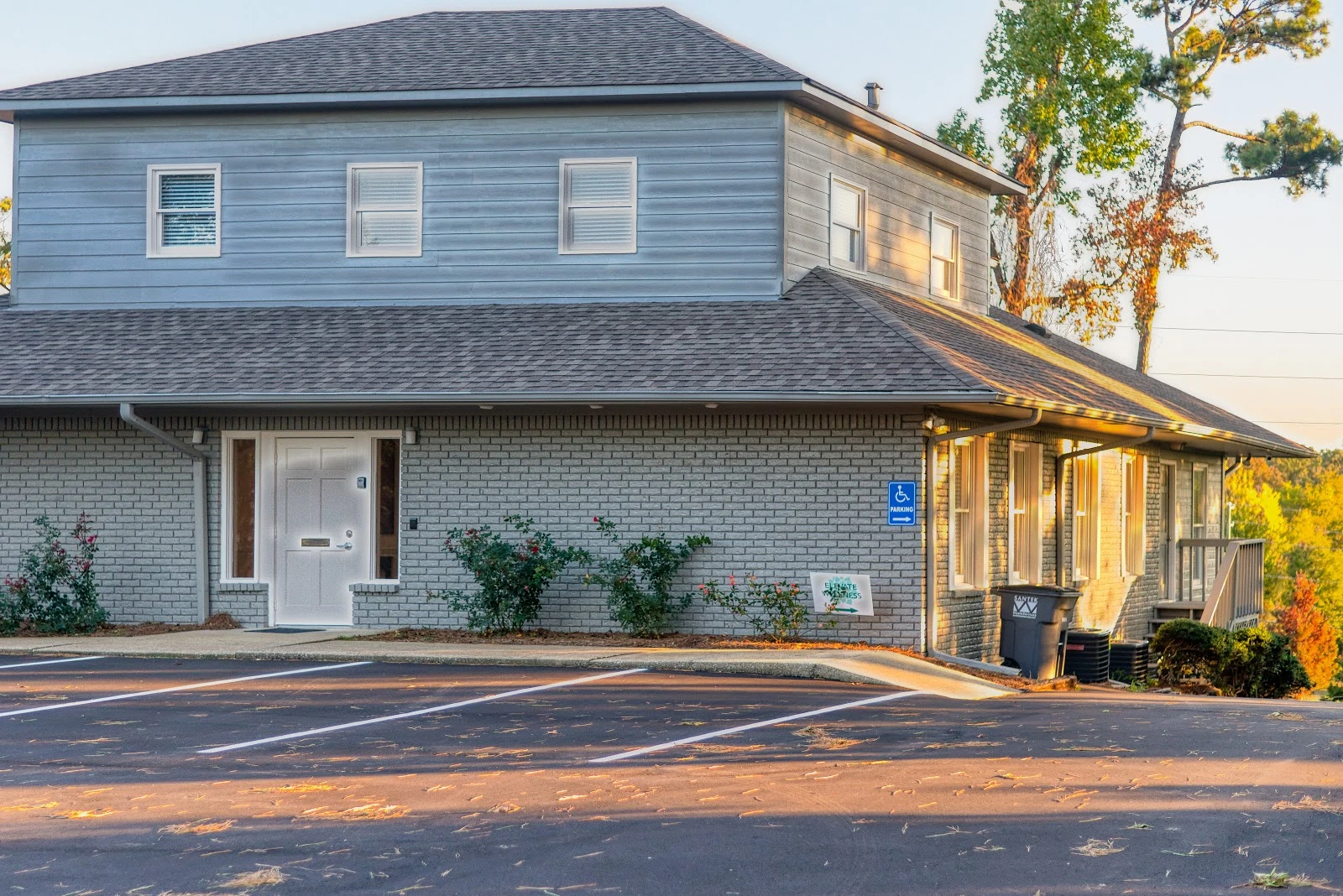
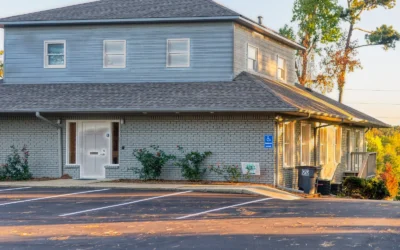
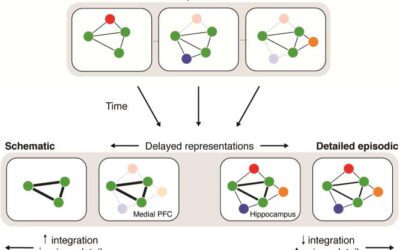



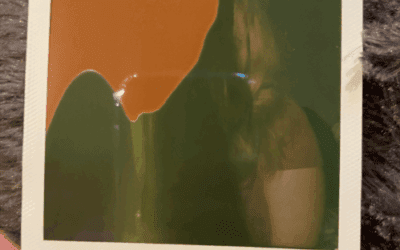
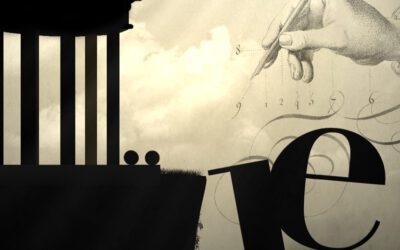
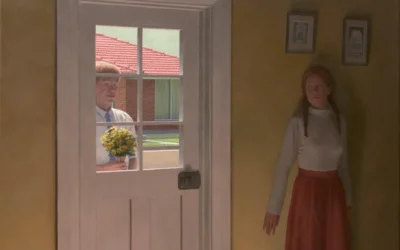





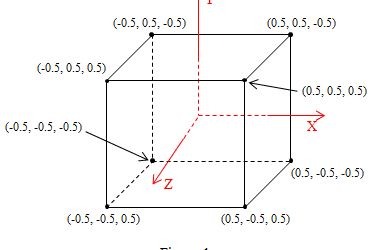


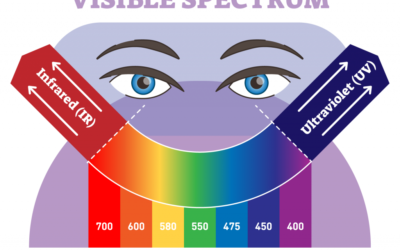

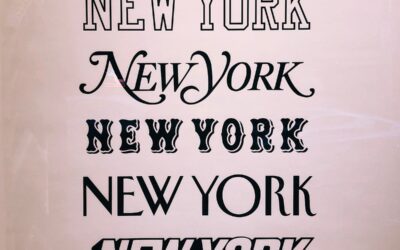

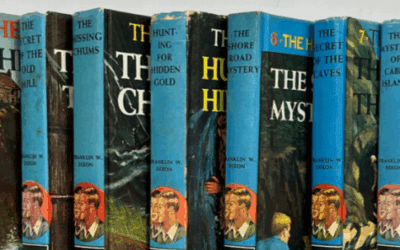
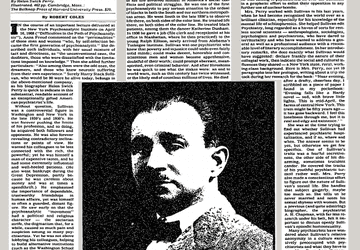
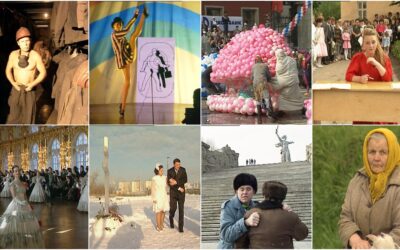
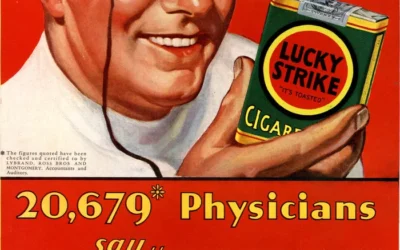
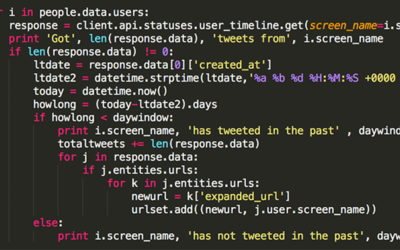
0 Comments